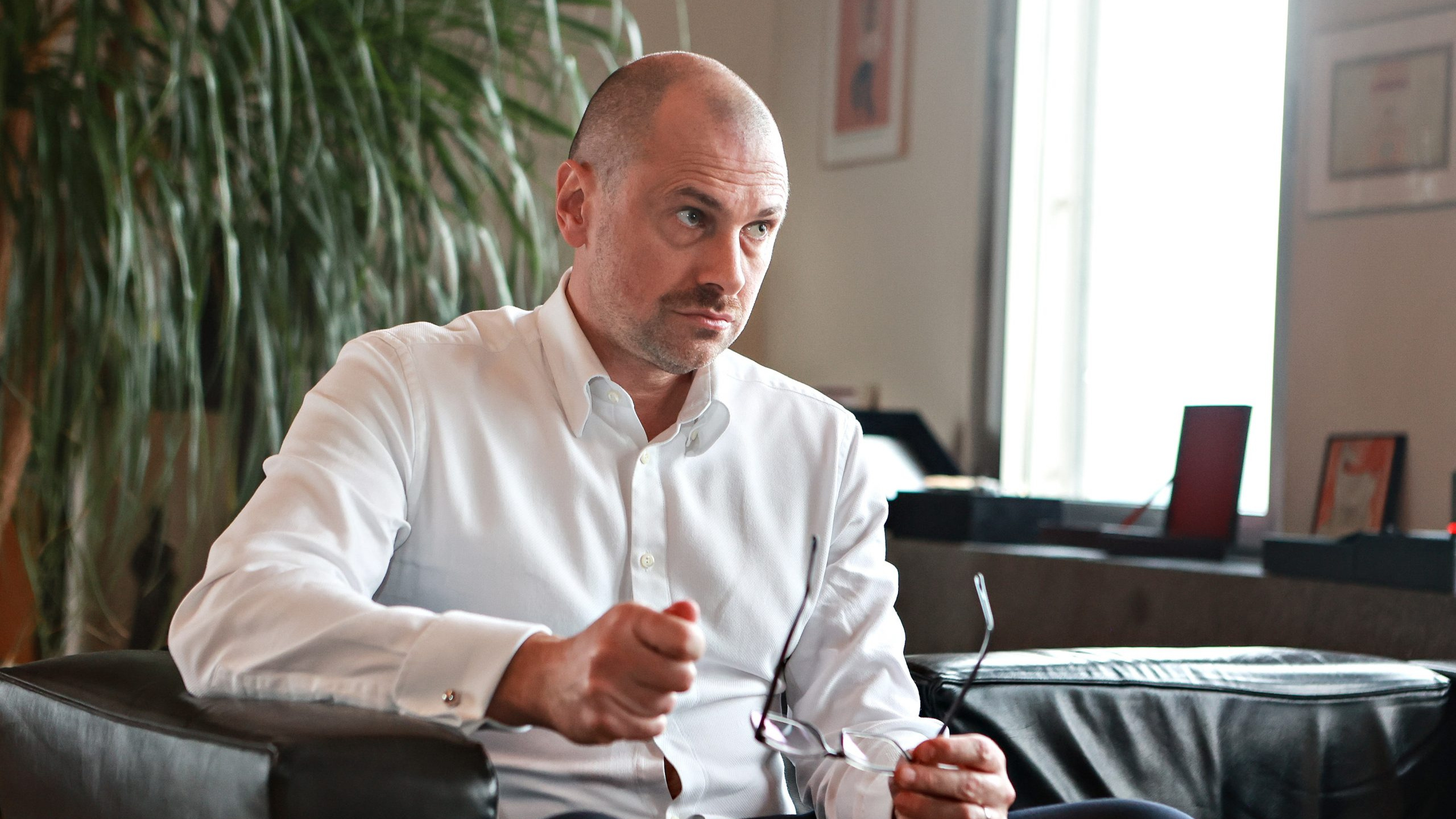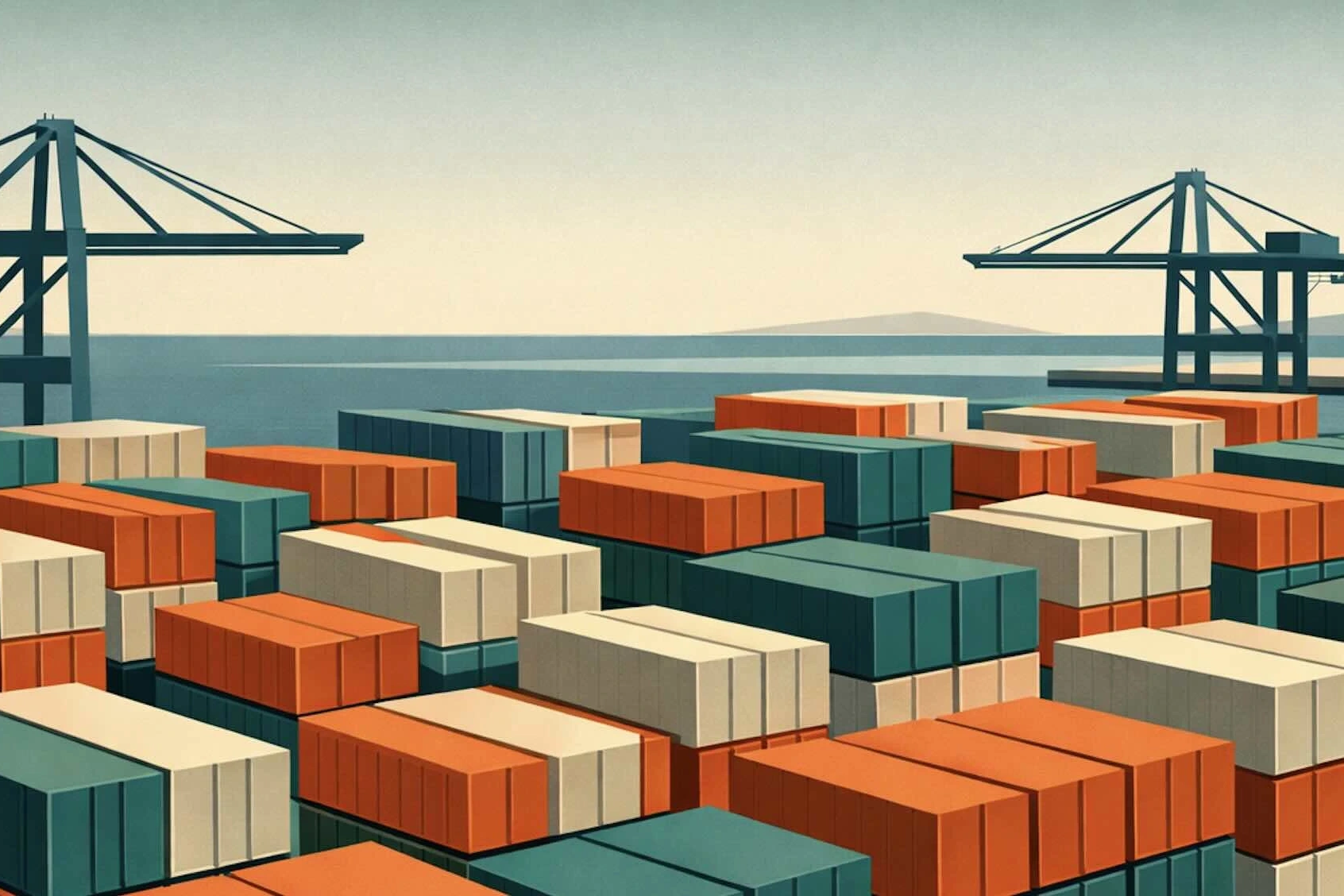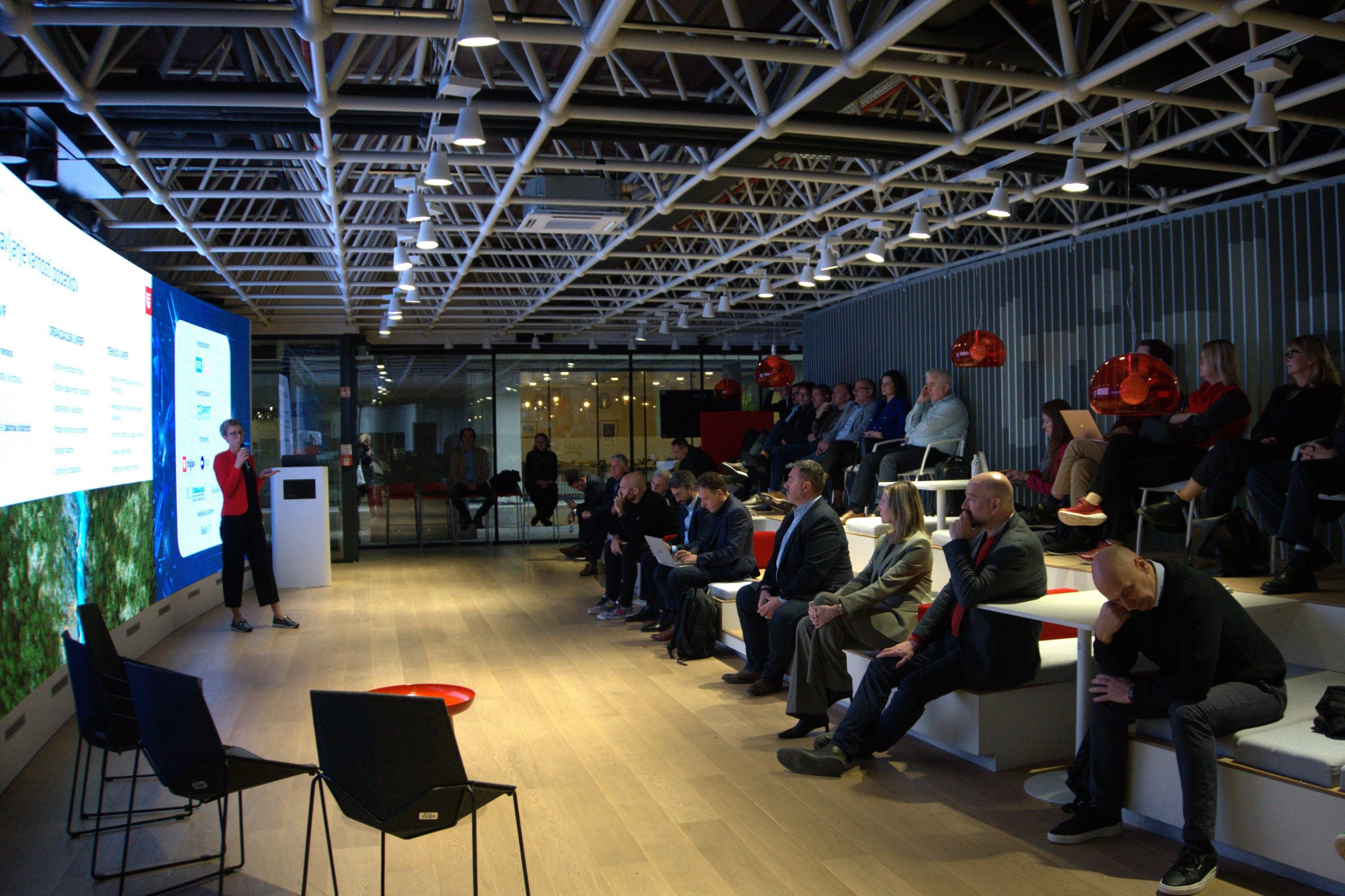“Flexibility, creativity, and entrepreneurship are crucial if we are to remain competitive.”
Blaž Brodnjak, CEO of NLB, shares his perspective on regional demographics, EU competitiveness, and Europe’s role in the global economy.
Jan Tomše
The Western Balkans are grappling with significant demographic challenges characterised by an ageing population, low fertility rates, and substantial emigration. These trends threaten not only the socio-economic stability of the region but also its political landscape as it seeks potential integration into the European Union. Blaž Brodnjak, CEO of NLB, warns these challenges are directly impacting the quality of life, economic growth, and prosperity in the region. Addressing these issues will require comprehensive policy responses focused on improving local conditions to retain talent and encourage higher birth rates.
“All countries in the Adriatic region, except Slovenia, have experienced significant population outflows in recent years,” Brodnjak notes. “The Balkan basin is emptying. Germany’s relaxed quotas are attracting workers from the region. Slovenia, the only Central European country besides Austria to record population growth over the last 15 years, is now seeing a slowdown. The consequences are dire, he adds. “Younger, more ambitious, hardworking, and braver individuals are leaving, precisely the people who should be driving progress and creating value in the region.”
While the countryside empties, capitals are growing, and people are moving to big cities like Belgrade, Priština, and Skopje, Brodnjak observes. He sees a silver lining in rising wages and expanding telework opportunities, particularly in IT and service industries. “We see positive multiplier effects as well-paid remote jobs boost local economies. For instance, in Serbia, people are earning salaries that are competitive, especially for local standards.” This shift, he believes, could gradually ease pressures and improve living conditions across the region. “Belgrade is a prime example. It’s developing rapidly as a regional capital, with major projects like the renovated Sava Centre attracting international interest.”
Declining birthrates compound demographic risk
No country in the region has implemented a comprehensive natality policy, except Hungary, where [Viktor] Orban has introduced incentives for families with three children. Slovenia has mechanisms to encourage higher birth rates, but they’re insufficient,” Brodnjak notes. Yet, he questions whether financial incentives alone can address the issue. “Housing affordability is a major barrier, but so are the rising expectations of young people. Many delay starting families because they feel the time isn’t right and prefer to enjoy life first,” he says, sharing an example of changing work attitudes: “A young pharmacist applied for a job in a private pharmacy, expecting to work three days a week and use the other two for ‘personal balance.’ This isn’t an isolated case. Young people often live with their parents, work minimally, and prioritise leisure. That’s simply unsustainable.”
China and India are outperforming Europe
Brodnjak emphasises the need for a stronger work ethic to maintain and improve living standards. “The Chinese work 60 hours a week, the Indians 80, while we would like to work 30. Rights are important, but without hard work, we cannot sustain our current standard of living, let alone achieve progress.” He is critical of trends like the ‘right to disconnect’, which he views as a step away from the flexibility and adaptability needed for growth. “The EU must recalibrate its focus. Flexibility, creativity, and entrepreneurship are crucial if we are to remain competitive.” Drawing a comparison to the U.S., he notes how businesses are fleeing California’s restrictive policies for states like Texas. “Europe must learn from this. If we don’t change, we will indeed become an open-air museum – a tourist attraction for visitors from other continents.”
Europe needs a reset
Brodnjak concludes with a clear warning: “Will we recognise the basic challenge of taking responsibility and working hard, or will we continue focusing solely on rights? That is the real question.” Without a shift in priorities, he fears Europe could lose its relevance on the global stage. “If we don’t act now, Europe will soon become a playground for the wealthy, admired for its past but irrelevant to the future.”









